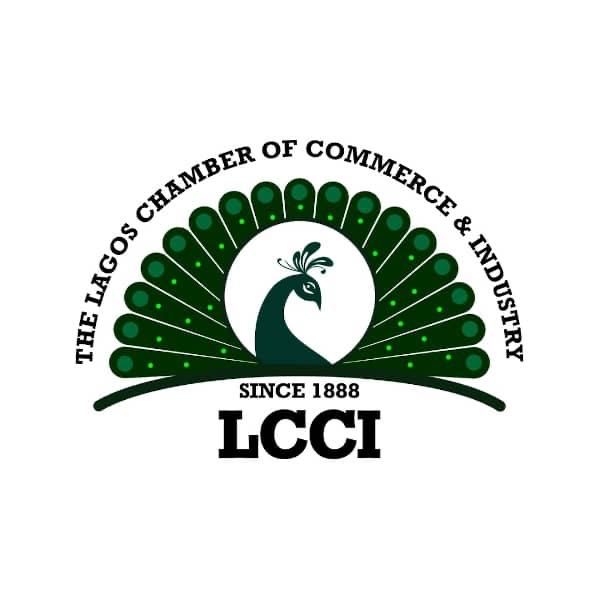The Lagos Chamber of Commerce and Industry (LCCI) has sounded an alarm over the underperformance of Nigeria’s solid mineral sector, calling for immediate action of the Government to unlock its vast potential. In a statement signed by Dr. Chinyere Almona, FCA Director General of the Chamber, concerns were raised over recent data from the National Bureau of Statistics (NBS) which revealed a downward trend in the sector’s contribution to the Nation’s GDP, signaling a troubling decline in its economic significance.

According to the to the NBS report, the Mining and Quarrying sector Iink the last two quarters has witnessed a decline in contribution to the GDP, falling from 8.32% to 4.47% in the fourth quarter of 2023. This trend according to the LCCI statement underscores the urgent need for comprehensive reforms to address the myriad challenges hindering the sector’s growth trajectory.
” Despite Nigeria’s enormous mineral resources, the minerals sector is not a major engine of economic growth and receives little investment. The sector produces less than 0.5% of GDP with limited value chain in the economy. Nigeria’s solid minerals are exported with little or no value added. While Nigeria intends to capitalize on the mining sector’s potential, it faces numerous challenges in mineral beneficiation and value addition. These regulatory and legal challenges include inconsistent policies, unclear land tenures, and issues between Federal and State Governments, particularly in the collection of royalties and taxes from licensed miners operating in their domains.
” We urge the government to review the mining industry strategy to attract mineral exploration investments, reignite mining project development, accelerate new mineral discoveries, and encourage optimal utilization of Nigerian mineral resources in line with the Environmental, Social, and Corporate Governance (ESG) principles for sustainable growth. Furthermore, we urge the government to address the sector’s funding issues and enable enhanced access to finance for processing value-added minerals based products by establishing seed funds and special incentives to attract foreign and domestic investors.
” The Government should seek innovative ways of revitalizing the Ajaokuta Steel Company Limited (ASCL) and the Nigerian Iron Ore andMining Company (NIOMCO). We have consistently advised that the model of the NLNG management can be adopted for this purpose. To ramp up investments in this sector, we need to deploy more relevant research and technology to trace more mineral deposits, and make more relevant data available to interested investors.
” The Government should also learn from the hindrances we presently experience in the Niger Delta for the failure to allow small scale crude refineries to operate under set supervision and standards. For the solid minerals sector, we should adopt an inclusive a strategy on Artisanal and Small-Scale Mining (ASM) aligned with development plans at all levels of government and linked to other national rural sector strategies. This will make the solid minerals sector more integrated with other activities that generate more jobs in rural areas. We need to support the mining ecosystem with amenities like electricity, good roads, and water. Mining companies should be engaged to sign Community Development MOUs with the host communities that will help to create a sustainable operating environment.
” If effectively implemented, these proposed measures can revitalize Nigeria’s mining sector and position it as a critical driver of economic growth and development. However, their successful execution requires concerted efforts and collaboration among government agencies, private sector entities, civil society organizations, and local communities. As stakeholders committed to advancing Nigeria’s mining industry, we stand ready to collaborate with all relevant stakeholders to overcome the existing challenges and unleash the sector’s latent potential for its contribution to our nation’s development. ” The statement concluded.















